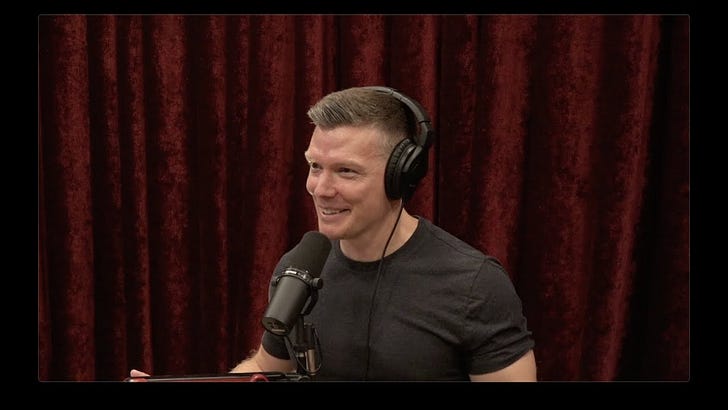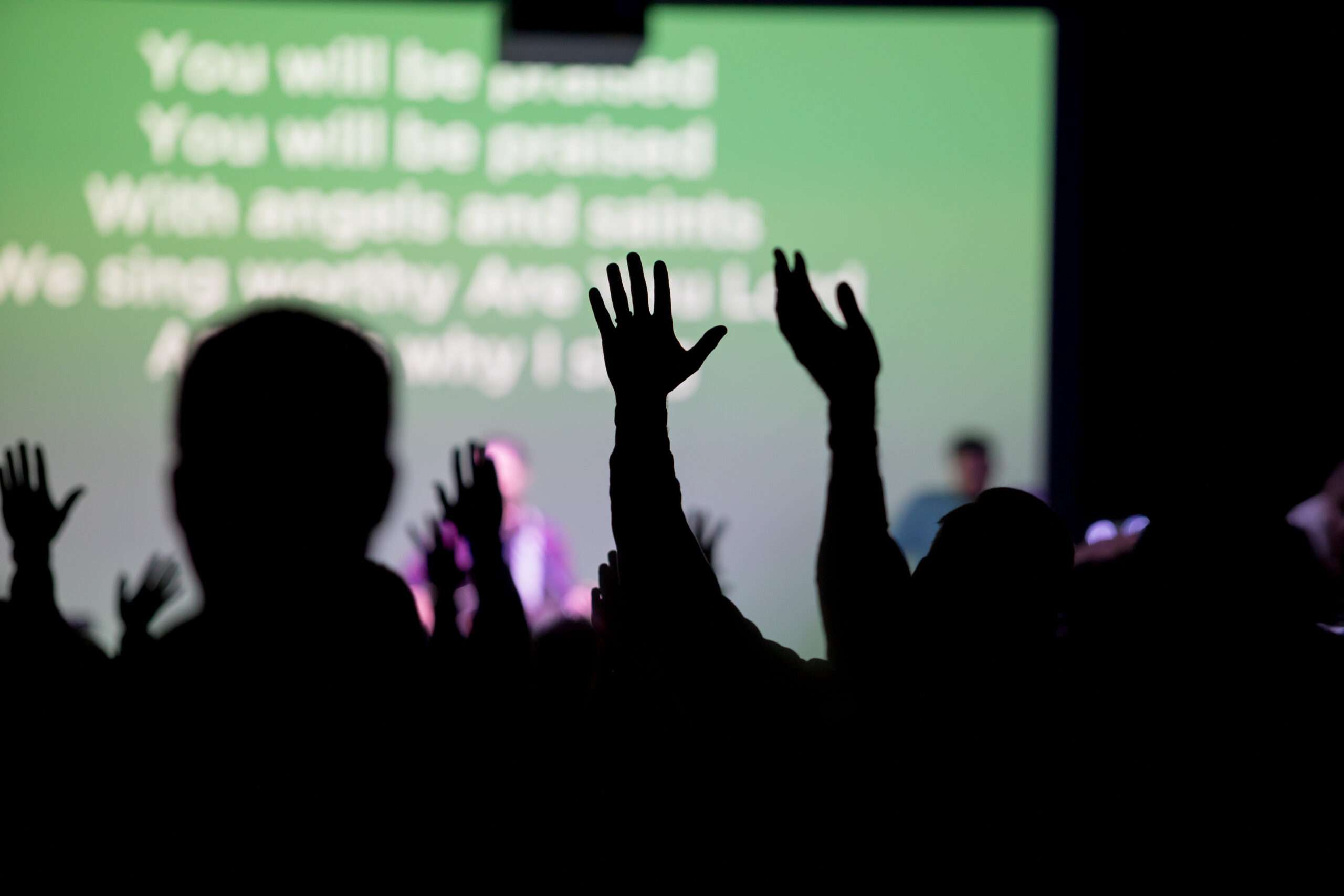When people talk about salvation in Christianity, it’s easy to assume that all Christians mean the same thing. But that’s not the case—different traditions have very different ways of explaining how someone “gets to heaven.”
In the Catholic and Orthodox churches, salvation has been understood for thousands of years as a partnership between faith and works. Faith is absolutely essential—you cannot earn heaven on your own. But at the same time, faith has to be lived out in real action. The Epistle of James says it pretty directly: “Faith without works is dead.” For Catholics and Orthodox, this means that believing in Christ isn’t enough unless it’s accompanied by love, service, and moral choices. Acts of charity, sacraments, peacemaking, and sacrifice are all seen as part of cooperating with God’s grace.
That’s why Donald Trump’s recent comment about 'ending wars and saving lives to get to heaven' actually fits quite naturally within that Christian way of thinking. In that worldview, working for peace and protecting life aren’t just good politics—they’re works of mercy that flow from faith and help prepare the soul for salvation.
By contrast, much of the modern Christian denominations—especially the evangelical forms—emphasize “faith alone” (sola fide). The idea is that no human action could ever add to Christ’s work on the cross, so the only requirement is trust in Him. Good works are still encouraged, of course, but they’re seen as the fruit of faith rather than a condition for salvation. From that perspective, Trump’s statement sounds odd, because salvation isn’t thought of as something you “work toward” with deeds. It’s already fully given through faith.
The Catechism of the Catholic Church puts it like this: We're justified by faith, but works of love are the fruits of that justification.
Orthodox Christians echo this closely. They emphasize "theosis," or becoming more like God through a life of faith lived out in deeds.
Both sides are able to point to Scripture to back up their positions.What do you think?




